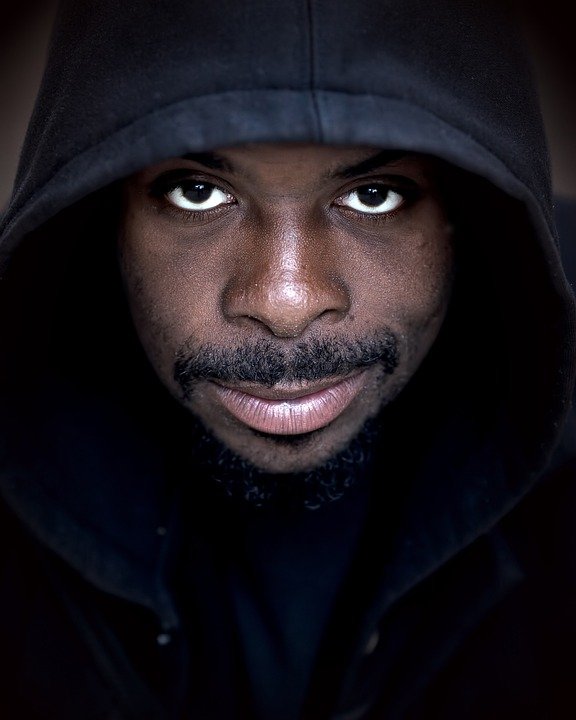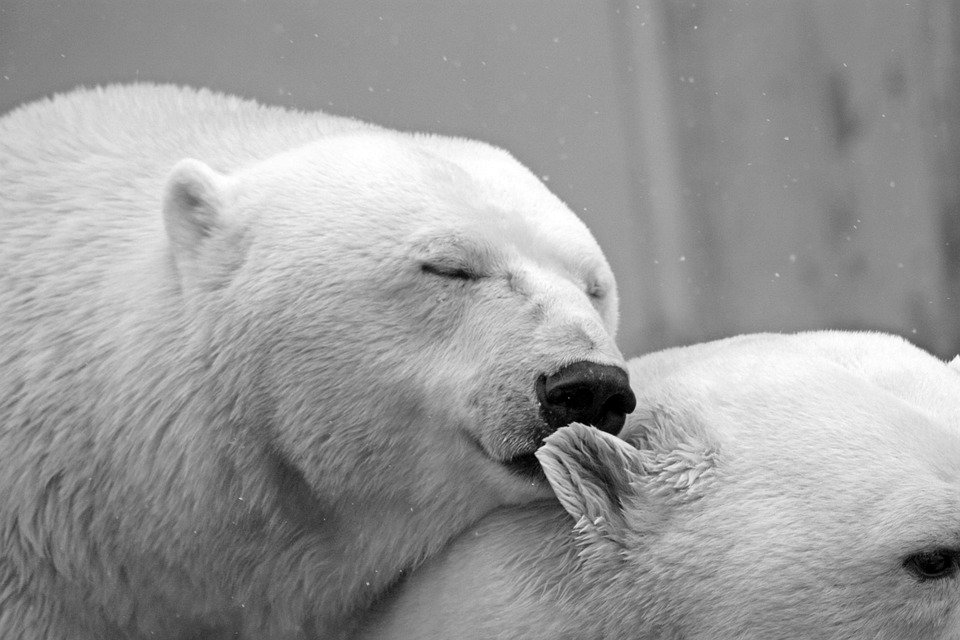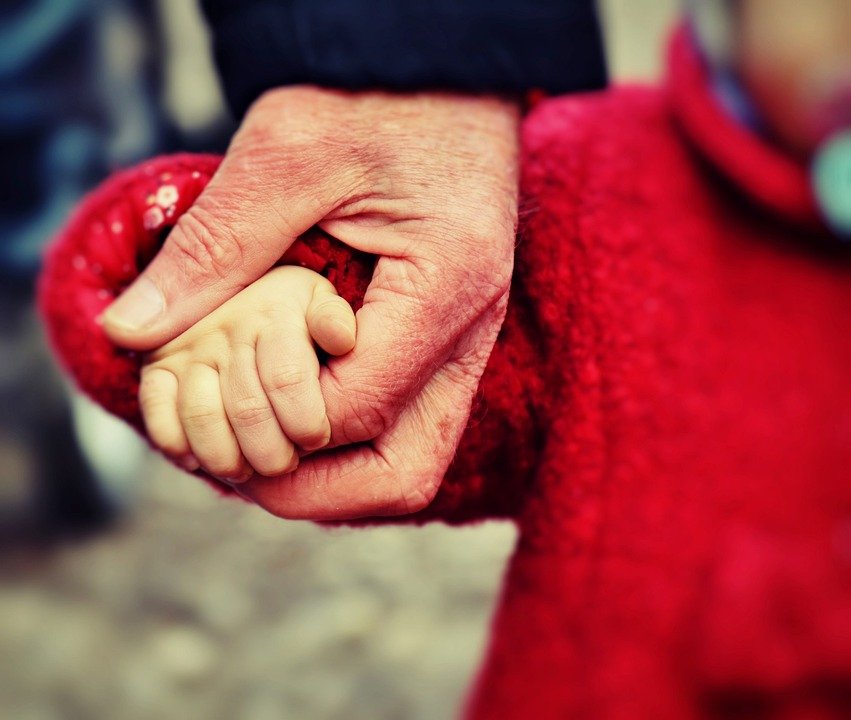Self-confidence is the invaluable component that makes life happy and successful. It begins to develop at birth and ramps up or wanes, depending on how we are raised, the different kinds of experiences we have, and the way others view us. Self-confidence defines our personality.
The resources we need to build self-confidence are in our minds, and therefore are always within our reach if we look within ourselves. American thinker William James believed that human beings can change their lives by changing their mental attitude.
Divya is a fifteen year old girl who lives in a remote village in India. She is the daughter of a young catcher who died prematurely, leaving behind a family of five without any means of subsistence. Divya decides to take up her father’s profession even though she has never climbed a tree, and no one has ever heard of a female being raised. It was exclusively a man’s job, and in her traditional society, she met fierce opposition from men, and ridicule from women. Her family was concerned about the risks to life. But Divya continues her work with her father after only a week of practice and with great confidence. She starts her work at dawn, and it’s hard. But it only lasts for a few hours each morning. She earns enough to support her family and continue her studies. As Norman Vincent Peale often said, “You can if you think you can.”
Obstacles to self-confidence.
o Inferiority complex: the lack of a sense of worth holds people back emotionally. It can start in childhood even in the home environment due to parental criticism or sibling rude comments.
Children at school may criticize physical appearance or intelligence.
Neighbors can be reckless in the way they treat children. A rude and sympathetic attitude towards a child can make him feel worthless.
With the rise of the feminist movement, the status of motherhood was seen as a form of slavery. The stay-at-home mom feels inferior to her economically independent counterparts. Print and audiovisual media glorify images of superwomen in the corporate world, or sexy models and movie stars who frown on all eyes. Physical attractiveness is highly valued. Advertisements that boast of beauty creams, hair dyes, anti-aging ointments, perfumes, and designer clothes give those who cannot afford such luxuries an inferiority complex and a poor self-image.
o Feelings of inadequacy: Many people who have retired from their jobs and active lifestyles feel worthless and do nothing. Self-pity puts on and confidence plummets.
o Sexual inadequacy: Fear of not being fit and sexual, fear of unattractiveness or even fear of pregnancy can drain self-confidence.
o The environment: When one is not treated with respect and dignity at home or in the workplace, a person can slip into self-pity and feel that they have no impact on the world. Class, color, money, and power are prejudices that can undermine victims’ self-confidence.
o Fear: Autocratic parents, violent husbands, reckless colleagues, nagging wives, disrespectful children – these are some of the situations that make people fearful or insecure. They develop a bad distorted self-image, which robs them of self-confidence.
o Anxiety: “The mind anxious about the future is miserable,” says Seneca. It affects an individual’s mental ability to think clearly or solve simple problems. Anxiety is the mouse that chews on self-confidence.
Ways to build self-confidence.
1. Introspection: Are you living up to your full potential? If not, what roadblocks do you face? Roadblocks are challenges. It can’t be beat. It is wiser to make a list and process them one by one. The more you can handle each of them, the more confident you will be. Therefore, he refused to quit.
William Wilberforce suffered from illness his whole life. He was an opiate addict for 20 years. But he did not lack self-confidence. He was an able parliamentarian and worked for the abolition of slavery in Britain. His imposing memorial in Westminster Abbey describes him as “the Attorney General of Unprotected Families and Unprotected Persons”.
2. Love yourself in a healthy way. Be happy with who you are. Learn about the strength and potential that God has given you, and build on it.
o Know yourself. What are your strengths and what are your limits? Work on the latter.
Q believe in yourself. Ralph Waldo Emerson said, “Self-confidence is the number one secret of success.” Make sure to change what you don’t like about yourself.
o Setting high standards to achieve them based on honesty and integrity. Don’t waste time trying to live up to the standards others have set for you. Be careful not to align yourself with the commercial, erotic, and immoral values of society. Don’t be like the 300 giant whales that chose to follow the sardine school and got trapped in a bay. Chart your own path, visualize victory and live for a purpose.
3. You have a positive mindset. Plan your moves according to your wishes. Stay motivated to achieve this goal.
According to Jean Charbonneau, “Positive expectation is a mindset—an eager expectation of success, and doing whatever it takes to make it happen.” One remembers John Keats the ailing young English poet who was confident enough despite his failing health to say, “I think I shall be the greatest poet in England after my death.”
4. Self-discipline: Plato says, “The first and best victory is self-conquest.”
Banish ugly thoughts from your mind. Set high standards for yourself and focus on achieving them. Settle on lasting values and maintain integrity in everything you do. Positive autosuggestion will boost confidence. The mantra “I am a confident person. I believe in myself” must be repeated several times a day until you are convinced that you are a confident person.
The humble spider has a lot to teach us about self-confidence. It has an inbuilt mechanism for survival. If injured, it releases a silky, protein-filled thread on which it glides and builds another web in a new location. When it is time to lay eggs, it produces a protective silk sac to carry the eggs. An enemy that gets too close gets stuck in the sticky outside of the bag. Then the spider weaves more threads around the enemy and eats it.
A self-confident person will live life to the highest potential. He will strengthen his weaknesses and take advantage of his strengths. “Action greatly rebuilds trust,” says Norman Vincent Peale. “Inaction is not only the result, it is the cause of fear.” We need to remember that we are precious in the eyes of God, and he has imbued us with the strength and ability to live with confidence.




